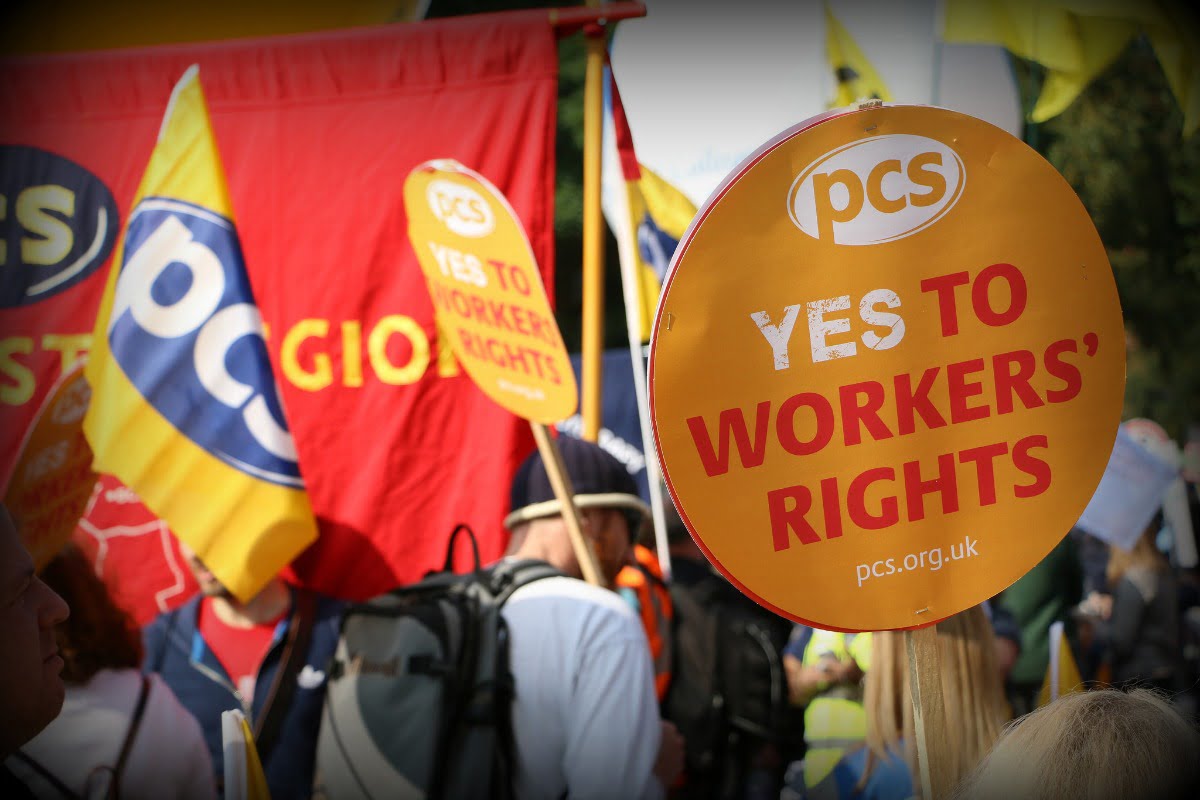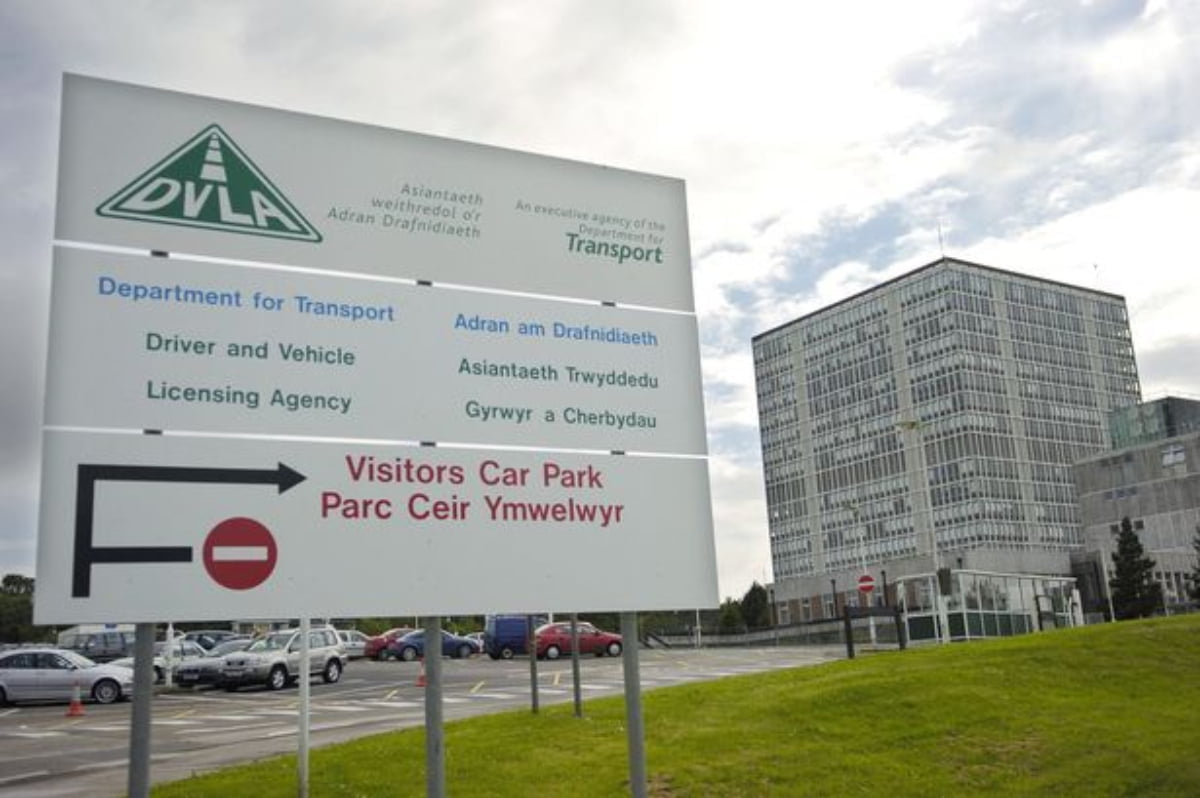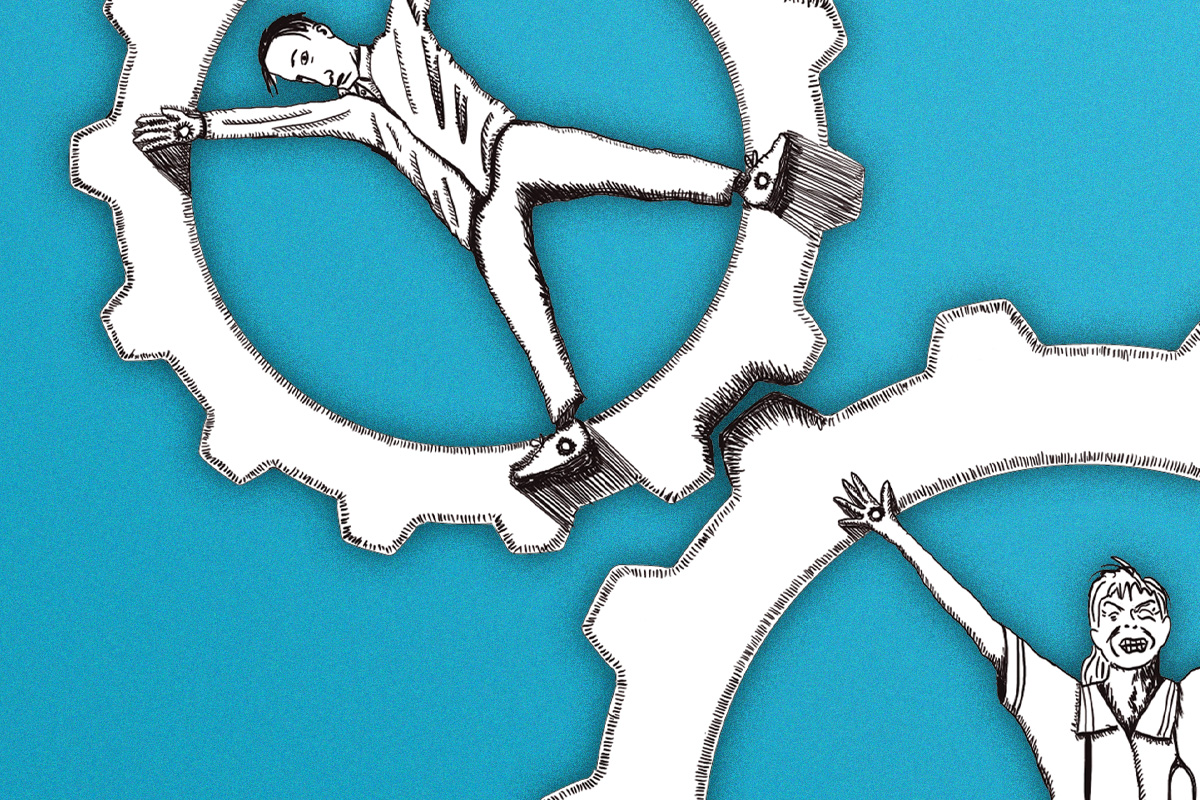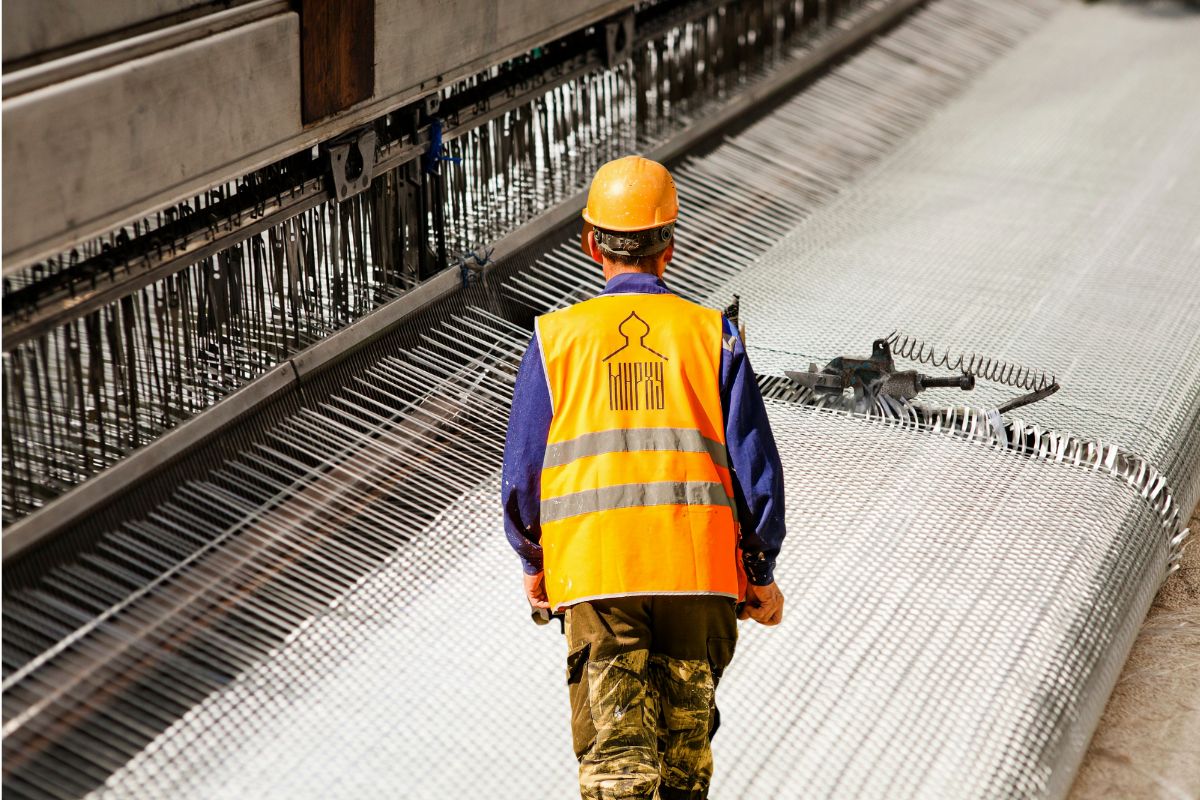The DVLA offices in Swansea, employing 6,000 workers, were kept open for weeks after the Covid-19 outbreak. Only the threat of walkouts forced the bosses to close down. Workers must organise and fight for democratic control of over their workplaces.
As a result of intense pressure from workers, the bosses at the Driver and Vehicle Licensing Agency (DVLA) and the Department for Transport (DfT) have closed most DVLA services.
The genie is already out of the bottle, however. It is clear that we aren’t “all in this together”. The bosses’ priority remains that of putting profits before lives. The conclusion for workers is clear: we can only trust ourselves. We must not let our guard down.
Questions
For context, there are around 6,000 workers currently employed in Swansea’s DVLA offices. It is one of the UK’s biggest service organisations, serving 45 million customers and bringing in £6 billion in revenue every year.
The offices are also home to one of the single largest trade union branches in the UK, with thousands of members in the Public and Commercial Services Union (PCS). It is therefore a very important workplace – not just in Swansea, but in the UK as a whole.
The impact of the covid-19 pandemic has naturally started to raise questions among the workforce.
In one of its first serious measures, the government decided to close down primary and secondary schools. The question of childcare became a key one, since children of ‘key workers’, such as NHS workers or firefighters, were able to remain in schools.
But before the national lockdown, DVLA chief executive officer Julie Lennard (who immediately began working from home) had asserted on multiple occasions that DVLA workers are not key workers. Therefore, employees would not be entitled to keep their children in schools. In response, those workers with children were sent home.
As most workplaces began practising ‘working from home’, concerns grew around what would happen with the DVLA. It was clear that a lot of our services could be modified. For example, the Driver and Vehicle Standards Agency (DVSA), a sister organisation, extended its MOT deadlines by six months. Equivalent action could easily be taken in all DVLA departments.
Instead, hundreds upon hundreds of workers continued to work in close proximity, with hand sanitiser regularly lacking. All this while the number of cases and deaths in the UK, including in Wales, began to grow dramatically.
Although a big chunk of the workforce was sent home for a 14-day period of self-isolation, a large number of workers were still in. Even the DVSA had closed its premises due to the virus. The question was simple: Why couldn’t we do the same?
Anxieties
The mood of anxiety was growing by the day. One worker told Wales Online: “People who suffer with mental health problems have to go in, I found a colleague crying on the floor having an anxiety attack today after she was offered unpaid leave if she wants to go home”.
There are workers who have vulnerable families; a partner with an autoimmune disease; an elderly parent. You name it, hundreds of lives were being put at real risk every day. One case could have quickly spread like wildfire, with disastrous consequences.
I work in @DVLAgovuk Swansea. Why are we classed as #keyworkers when bosses are able to work from home? #DVLA #Swansea #coronavirus #COVID19. @piersmorgan @susannareid100 @GMB @SkyNews @BBCNews @KayBurley @carolynharris24 @WelshGovernment Please share so we can get answers. pic.twitter.com/gOGSbKrggs
— tina williams (@tinawills900) March 26, 2020
Workers were very conscious that lives were being placed in danger. And it was showing on the shop floor.
Under pressure, managers sent hundreds of workers home, starting with those who live with people in vulnerable groups. “It is too risky for you to come in,” workers were told. But only hours later, all these workers were called back in. Despite the initial warnings, the HR department decided to u-turn and bring all these people back to work.
The lockdown, announced by Prime Minister Boris Johnson only hours later, announced that only key workers were to remain in work. The hopes were that management would change its mind.
Suddenly, however, despite the previous assurances, we became key workers. We were therefore told to still come into work in the morning.
Pressures
One worker aptly described the mood on Twitter:
“The DVLA bosses do not care about their staff, the union is not taking action… Let me ask you this, how many people have to die for you to do a complete lock down or let people with vulnerable families isolate long term?…Your staff are scared for their lives.”
You could see it on people’s faces. And who could blame them? One worker’s partner spoke to Wales online, saying that:
“My partner has been told that she should return to DVLA to work or take unpaid leave, even though she has 3 members of her household in the vulnerable group. The office cleanliness is below par, and the toilets are unclean. Hand sanitizer dispensers are fitted, however, no fluids.”
Days passed, and pressures grew to unimaginable levels. There was open talk of strike action. If things had continued like this, then a walkout would have been on the cards, as has been seen in other workplaces – not just in Britain, but around the world. The bosses in HR and at the DfT felt the heat from below. As a result, in the end, they closed down most of the DVLA services.
Struggles
 But we must not let our guard down. It has been shown that they are completely incapable of taking action in the interest of workers. And that’s because they will always look to defend profits first, and people second.
But we must not let our guard down. It has been shown that they are completely incapable of taking action in the interest of workers. And that’s because they will always look to defend profits first, and people second.
There will be further struggles confronting us very soon. Our wages, pensions and working conditions will be under attack. We need to involve and organise as many workers as possible to defend our pay and conditions. The union should call immediate online meetings for PCS members to discuss the situation and decide upon the necessary steps that should be taken.
Ultimately, our aim must be to turn the DVLA into a proper public service, under the democratic control and management of the workers. This would act as a beacon to inspire workers in other industries and sectors to do the same. Events at the DVLA have shown that workers will not be prepared to take things lying down. PCS has a proud tradition of fighting for our members. We need to build upon this. This experience in Swansea will be a dress rehearsal for the important struggles that lie ahead.






